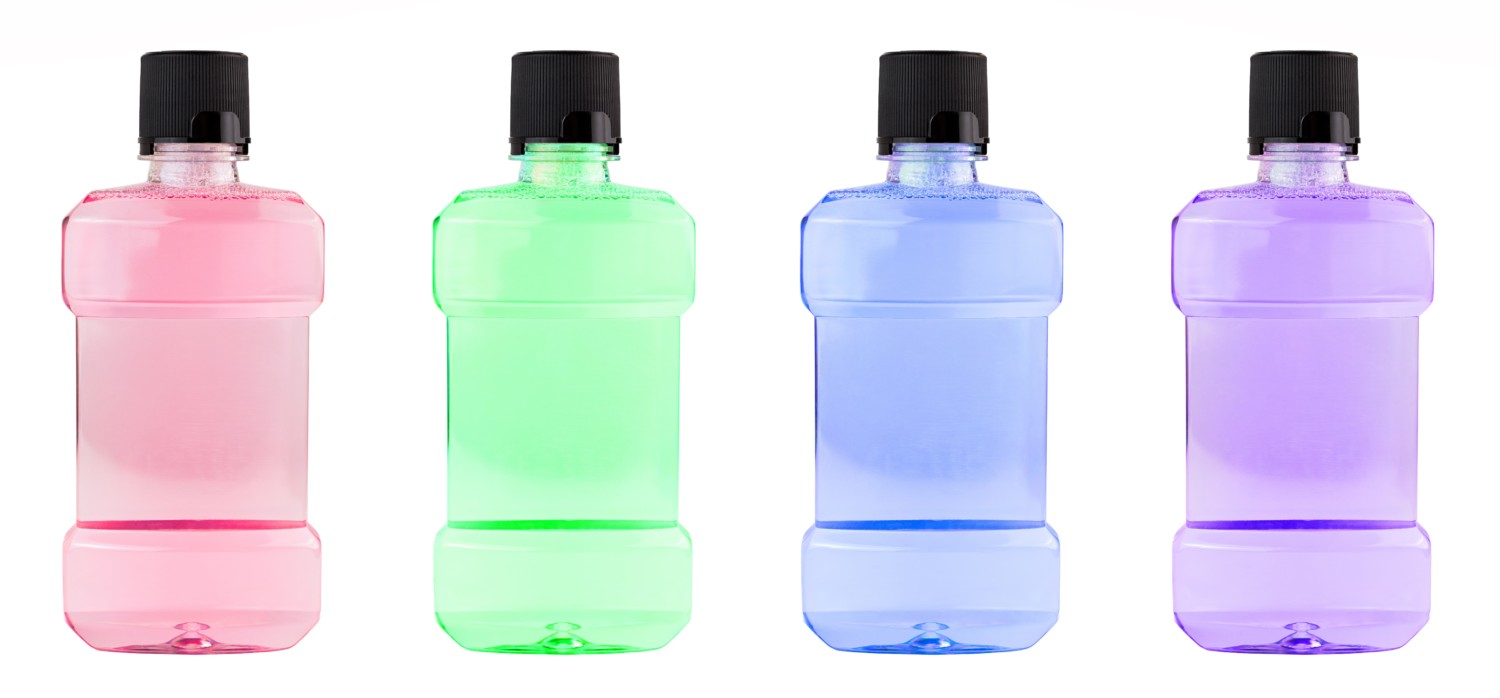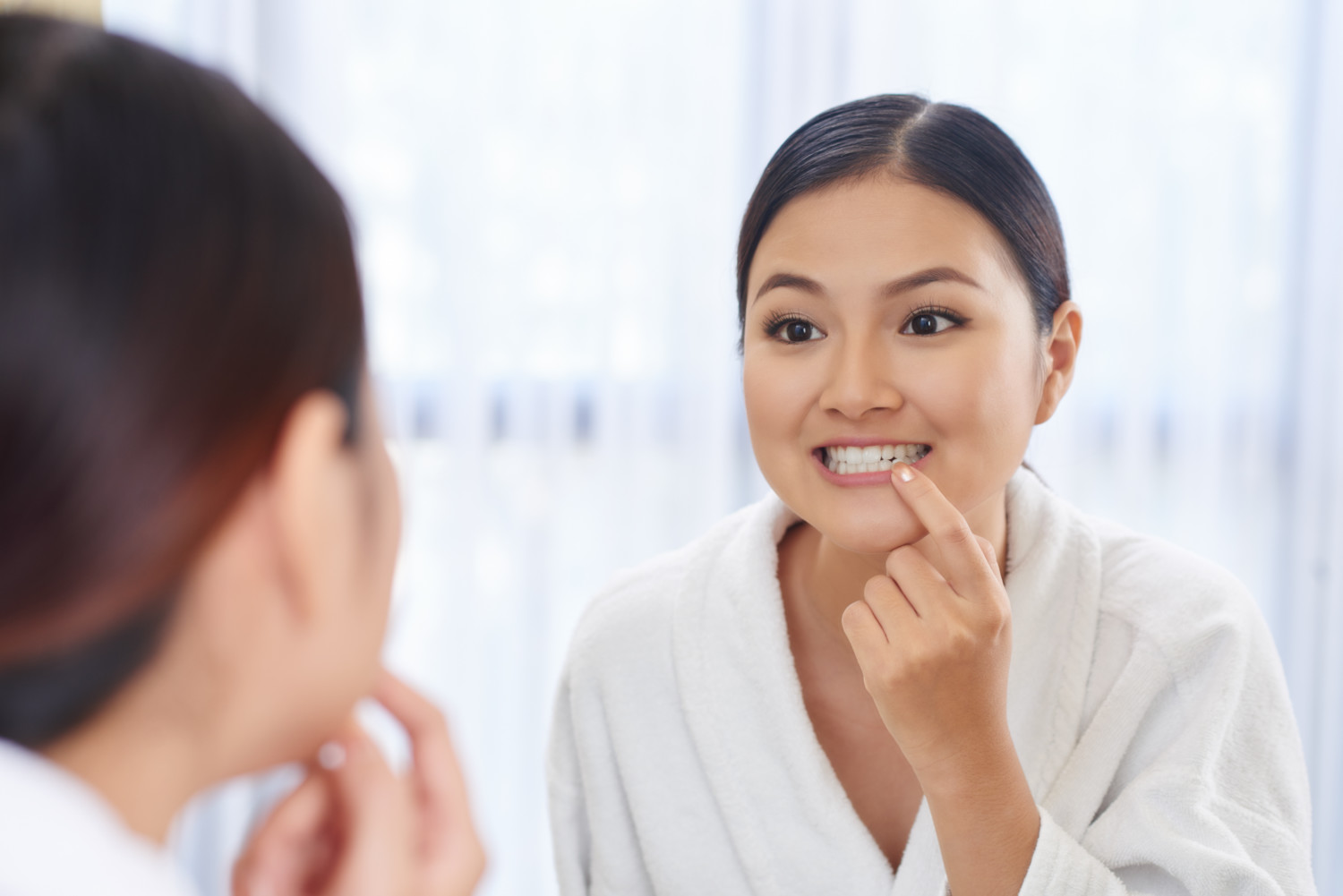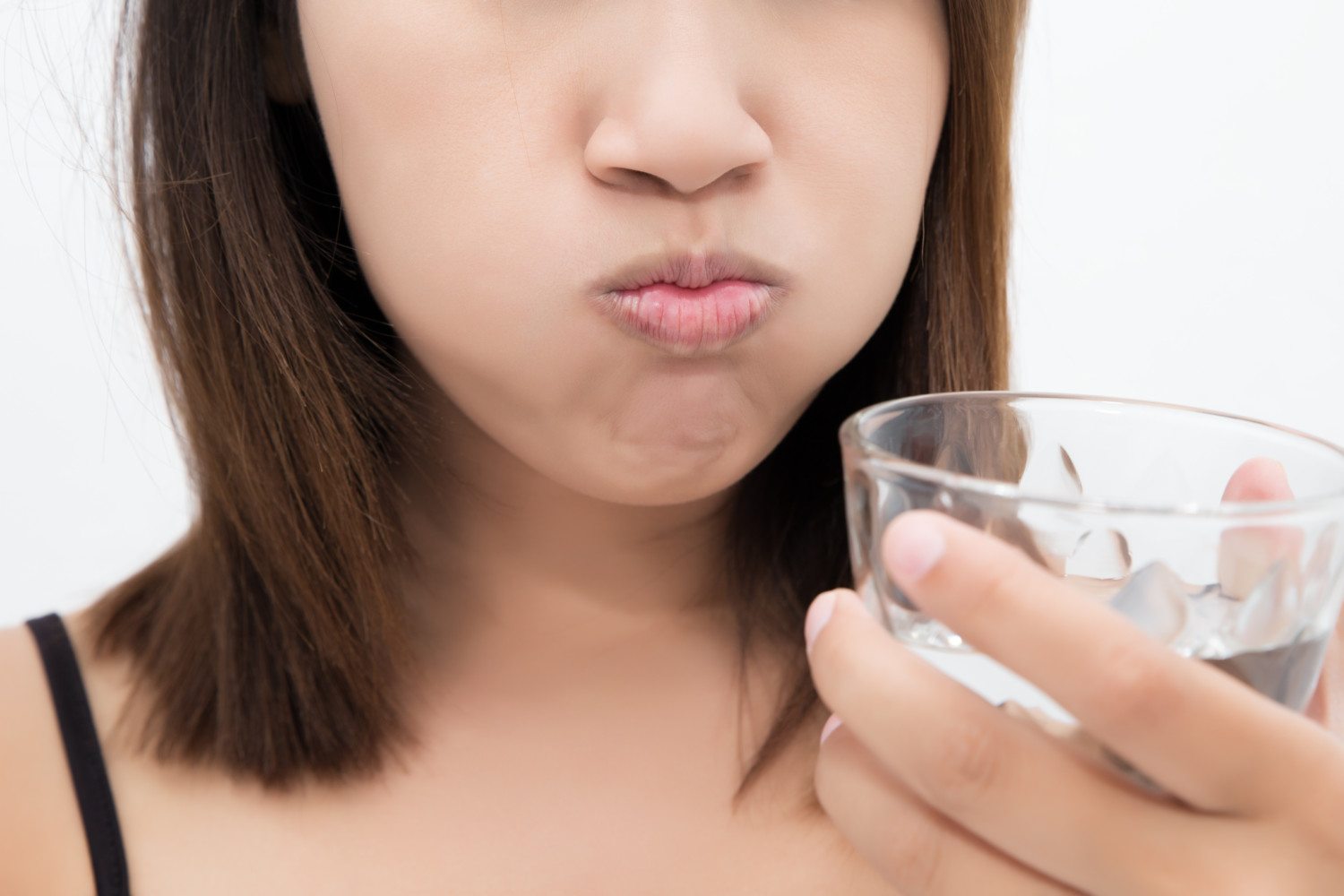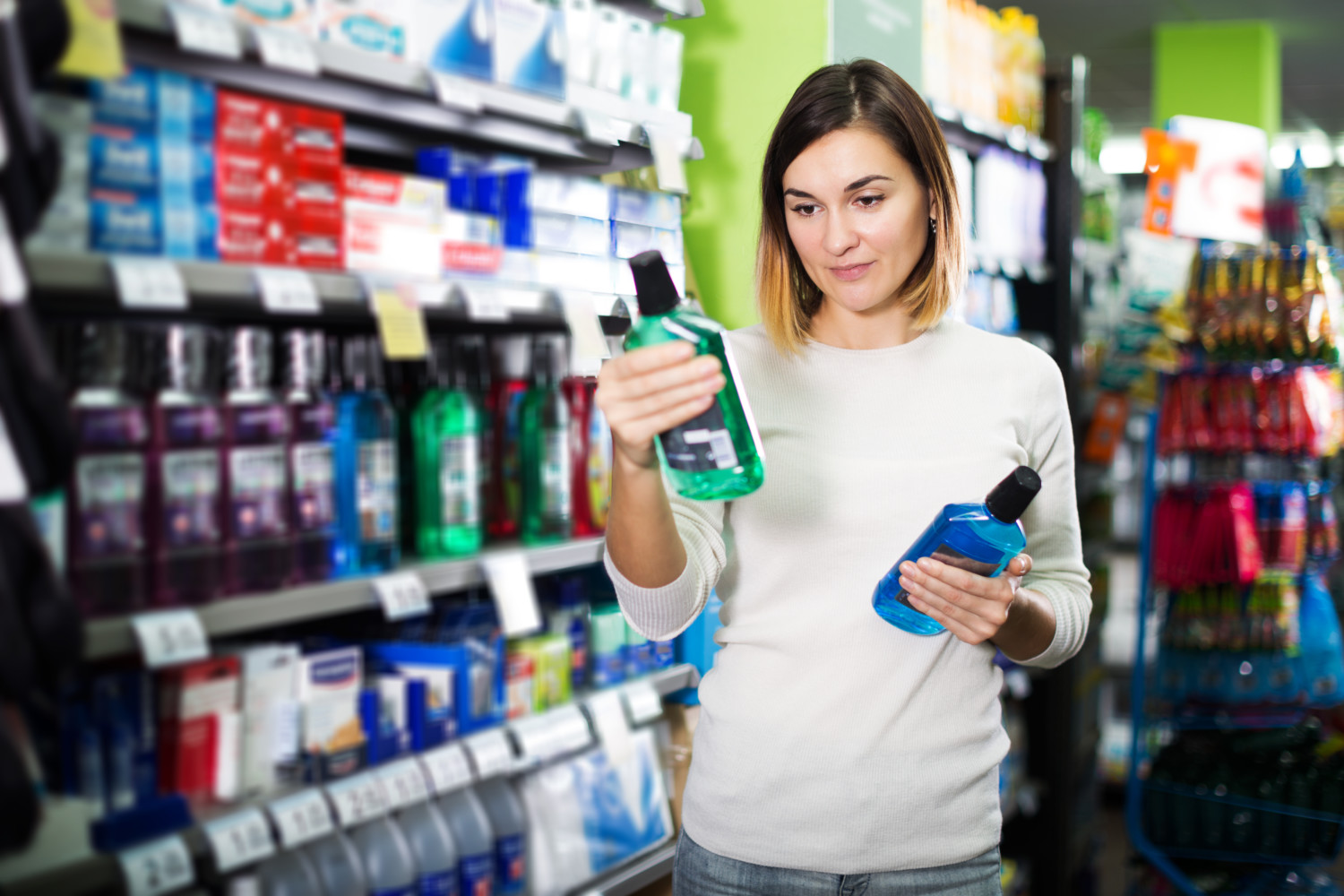If you use mouthwash regularly, you are in good company. Nearly 200 million Americans used mouthwash in 2020, according to data calculated by Statista.
But are you confident that you’re using it the right way and for the right reasons? You might be surprised to learn how to use mouthwash for the best benefits to your dental health.
Different Types Of Mouthwash
Before understanding how to use mouthwash, it helps to learn the types of mouthwash available and their purposes. The American Dental Association (ADA) says that there are two primary types of mouth rinse: cosmetic and therapeutic. A cosmetic mouthwash can leave a pleasant taste in your mouth and control bad breath for a short time, but it doesn’t have any chemical or biological implementation, such as killing bacteria.

Alternatively, therapeutic mouth rinses contain active ingredients, such as cetylpyridinium chloride, chlorhexidine, essential oils, fluoride or peroxide, that help control or reduce conditions, such as gingivitis, plaque or tooth decay. To earn the ADA Seal of Acceptance, a mouthwash brand must provide scientific evidence showing its safety and efficacy, which the ADA Council on Scientific Affairs evaluates.
You can typically purchase both types of mouthwash over the counter, but some therapeutic mouthwash formulations are only available with a prescription.
Reasons To Use Mouthwash
There are several beneficial reasons to use mouthwash regularly, particularly if you suffer from specific issues. For example, using antiseptic mouth rinse twice a day and flossing and brushing has been shown to reduce plaque and gingivitis significantly.
“If you have periodontal disease or some harmful types of mouth bacteria, an antibacterial rinse could help kill the bacteria that cause the disease,” Matt Messina, member of the American College of Dentists and a spokesperson for the American Dental Association, told Time.
Mouthwash can kill germs that cause bad breath and gum inflammation. In addition, there are special types of mouthwash designed to treat dry mouth, which is a condition that can lead to increased plaque, tooth decay and gum disease if left untreated.

How To Use Mouthwash Correctly
When you use mouthwash might be an essential aspect you have never considered. Most people finish their daily dental routines by swishing, spitting and rinsing with the freshening liquid, but could that be incorrect?
Some experts say that you should rinse before brushing your teeth. This is because most toothpaste has significantly more fluoride than mouthwash does. Therefore, if you rinse with mouthwash directly after brushing, you could be flushing away the high concentration of fluoride left on your teeth from the toothpaste.
Instead, they recommend using mouthwash immediately after eating or before brushing your teeth.
The NHS recommends not using mouthwash and toothpaste at the same time at all. Instead, the UK’s national health service suggests rinsing at a different time of day, such as after lunch. They also say that you should not eat or drink for at least 30 minutes afterward.
In contrast, the Mayo Clinic advises using mouthwash after brushing and flossing. And the ADA says that mouthwash can be a helpful addition to a daily hygiene routine, but whether to use it before or after brushing and flossing largely depends on personal preference.

However, the ADA says that referring to manufacturers’ recommendations can maximize the benefits of all oral care products. A manufacturer might recommend a specific order because of the ingredients in the products. For instance, ingredients such as calcium hydroxide or aluminum hydroxide can form a complex with fluoride ions that could decrease the effectiveness of mouthwash. In those cases, rinsing vigorously with water after brushing and then using mouthwash might be more effective.
In addition, the ADA does not recommend that children younger than 6 years old use mouthwash unless directed by a dentist because they might not have well-developed swallowing reflexes and could ingest the rinse.
Children and adults can overdose on mouthwash if too much is consumed. (In case of a potential mouthwash overdose, you should call your local emergency number or reach your local poison control hotline by calling the national toll-free Poison Help hotline at 800-222-1222.)
The Best Mouthwash Brands
If you want to incorporate mouthwash into your daily oral hygiene routine but aren’t sure which mouthwash to choose, there are a few brands that stand out.
For instance, Listerine Freshburst Plaque Reducing Mouthwash is an affordable option with a strong, fresh flavor and effective germ-killing properties.
Solimo Anti-Gingivitis & Anti-Plaque Mouthwash is Amazon’s budget-friendly brand that fights plaque and helps control tartar.
For sensitive mouths, Colgate Total No-Burn Antiseptic Mouthwash is an alcohol-free option that fights bacteria and leaves breath minty fresh.

If you want to strengthen tooth enamel, you might opt for one of the best fluoride mouthwash products. For example, Solimo Alcohol-Free Mint Fluoride Mouthwash affordably fortifies teeth and freshens breath, while CloSYS Silver Antimicrobial Fluoride Mouthwash is designed specifically for people over 55 who are prone to issues such as dry mouth and sores.
No matter what brand you use or when you use it, rinsing with mouthwash can be a beneficial part of your daily wellness routine.
This story originally appeared on Simplemost. Checkout Simplemost for additional stories.


